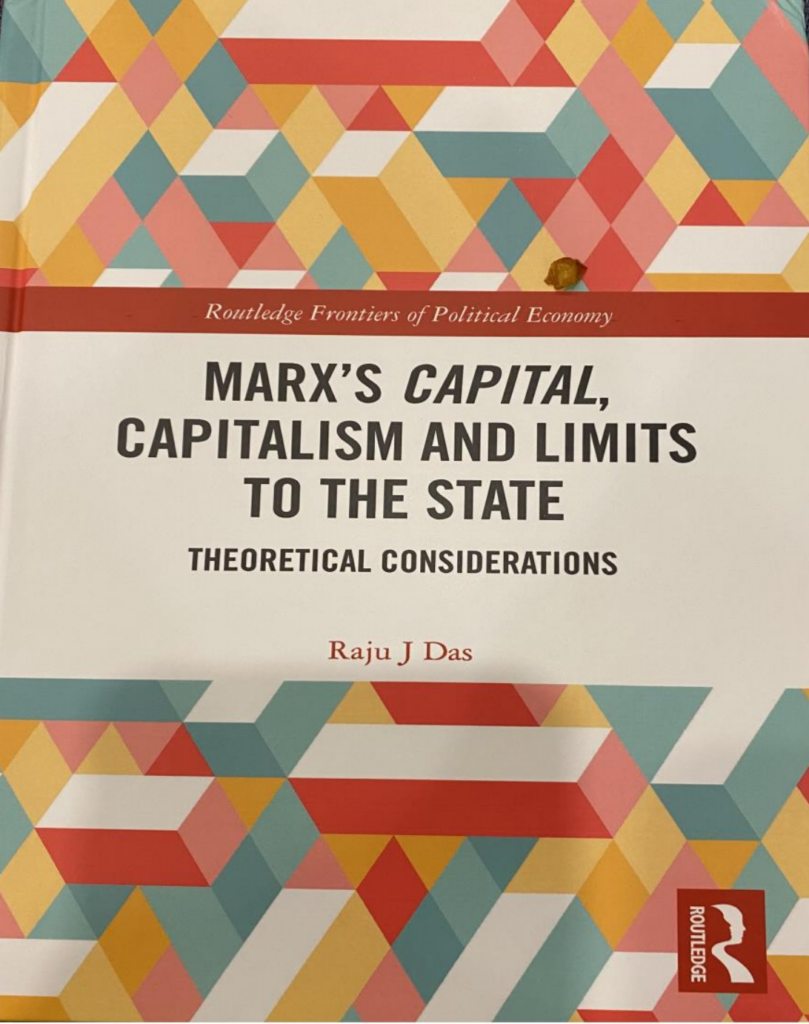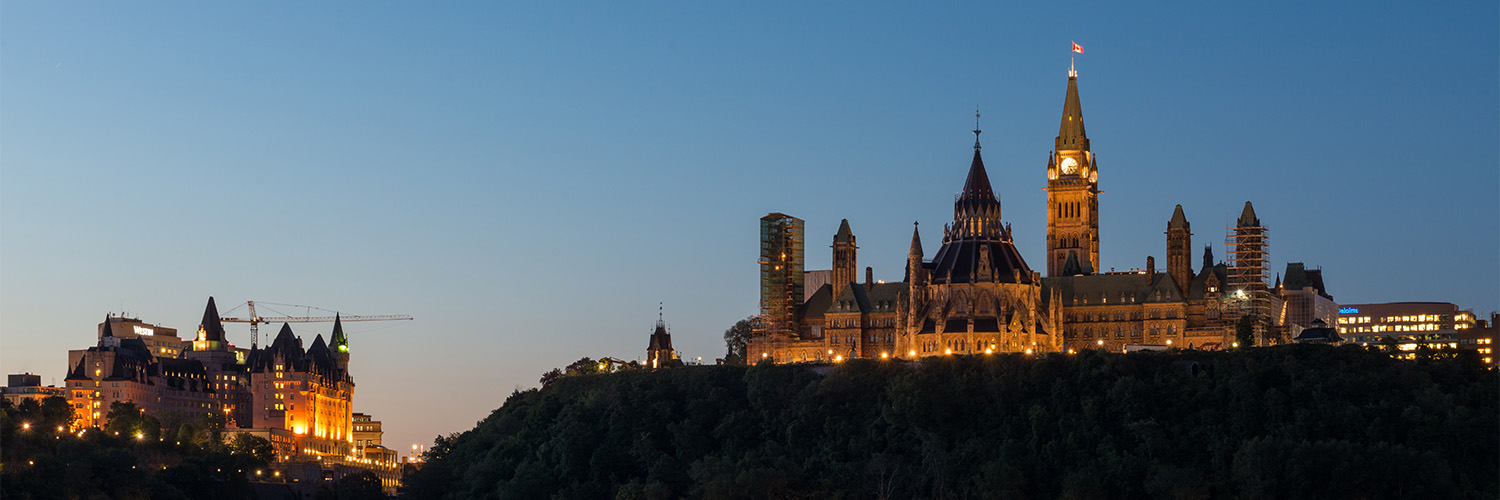In the recently published Marx’s Capital, Capitalism and Limits to the State (Routledge, 2022), author and Faculty of Environmental and Urban Change (EUC) Professor Raju J Das asks readers to reflect on the nature of the state, including government and its institutions, and how its actions exacerbate social maladies.
The book’s premise is that without a theoretical understanding of the state, one cannot adequately explain humanity’s major problems such as uneven development, ecological change, wars, inequality, economic crisis and social oppression, even if the state does not necessarily produce these problems on its own.

Das examines the state theoretically, exploring its general mechanisms that are relatively invariant across time and space. After evaluating preestablished ideas about the state, his book advances an outline of state theory across nine chapters, each one beginning with Capital Volume I, Karl Marx’s most famous text, and ending with the theoretical and practical implications of ideas therein. The topics of the book include: state’s class character; its relation to commodity and property relations and to capitalist production, accumulation and crisis-formation; capitalists’ and state actors’ agency; state’s limited concessions to citizens; state’s territorial and political forms; and the nature of the state in relation to peripheral capitalism and imperialism.
Das describes the book as “partly a response to many misconceptions in the scholarship on the state, much of which is informed by the ontology of external relation, according to which the state and the capitalist class exist as separate things and then they interact.”

“…It is said that if the state increases taxes and makes capitalists pay decent wages to people, or pay for environmental clean-up, capital will geographically migrate or stop investment, so the state cannot take these actions because it depends on [capitalists],” Das adds. “This view reflects the reality on the surface but fails to answer this: ‘Why does the state not use its coercive power to take the property from a tiny minority and give it to the vast majority and help them use it collectively and democratically, in order to meet their needs in an ecologically sustainable way?’”
Das writes in this book that “the state is the capitalist state not because it relies on the capitalist class. The state relies on the capitalist class because it is the capitalist state.” Das critiques the contemporary scholarship that suggests that although governments are influenced by capitalist interests, they can be pressured “from below” to serve common people’s interests without limit.
This most recent work is a sequel to Das’ 2017 book on class theory. This state theory book is, in turn, a part of a planned series of three books on Capital Volume I.
A hardcover edition of Das’ book is available now from the publisher, with a paperback issue to follow soon, and digital copies available through York U libraries. For more information on Marx’s Capital, Capitalism and Limits to the State, and to reserve a copy, click here.


